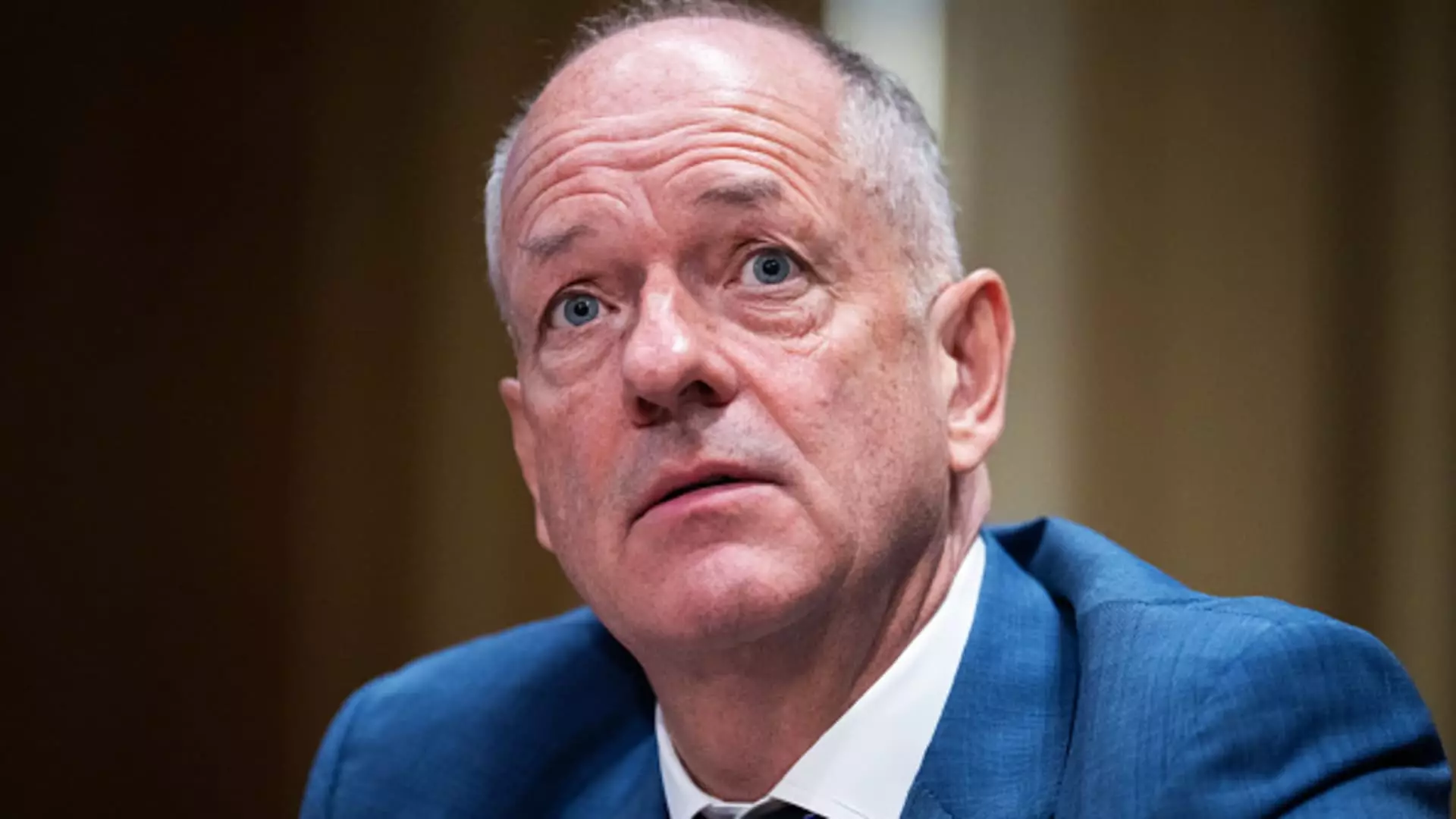The recent tragedy surrounding the death of Brian Thompson, a prominent figure in the UnitedHealth Group, has sent shockwaves through the healthcare community. As the CEO of UnitedHealthcare, the largest private insurer in the United States, Thompson’s leadership was crucial in shaping the future of health insurance during a time of profound challenges. In the wake of his untimely death, Andrew Witty, CEO of UnitedHealth Group, used a New York Times op-ed to reflect on not only the immense loss but also on the systemic issues plaguing the American healthcare landscape.
Witty’s candid admission about the flaws within the U.S. healthcare system is not just a superficial acknowledgment; it provides insight into the broader frustrations shared by millions. He stressed that the existing system is neither user-friendly nor effectively designed to meet patient needs. “No one would design a system like the one we have,” Witty asserted, pointing to its chaotic history, which has resulted in a fragmented and inefficient structure. As he outlined the mission of UnitedHealth Group to improve system functionality, a critical question arises: What concrete steps will be taken to address these luxurating complexities?
Witty emphasized the necessity for collaboration across various stakeholders, including healthcare providers, patients, and pharmaceutical companies, as part of a broader effort to reform healthcare. The acknowledgment of a collective responsibility to enhance the user experience within the healthcare system is encouraging; however, the fundamental question remains—can these entities truly work together effectively? Given the current animosity towards insurers largely fueled by experiences of denied claims and convoluted billing processes, genuine collaboration may be easier said than done.
Thompson’s death, reportedly at the hands of Luigi Mangione, a critic of the healthcare system, brought forth the pent-up frustrations many Americans harbor toward the insurance industry. The violent act sheds light on the desperate need for reform but also raises ethical questions about the scapegoating of entire organizations. As social media platforms become battlegrounds for patient grievances, the insurance industry must confront a significant public relations challenge in restoring trust.
In his statements, Witty indicated that there’s a need for enhanced clarity regarding coverage decisions made by insurers. He explained that many of these decisions are based on extensive clinical evidence designed to protect patient safety and optimize health outcomes. While the intent behind these judgments is commendable, the industry must focus on promoting transparency to alleviate societal anxieties surrounding insurance practices. Health insurers will need to find effective ways to communicate policies and processes to build a foundation of trust and understanding.
The tragic end of Brian Thompson’s career serves as a catalyst for renewed discussions around reform in the fiercely criticized U.S. healthcare system. It invites a collective reflection on values, responsible governance, and ethical practices within the healthcare landscape. While Witty’s intentions as expressed in his op-ed signify a first step toward a brighter future for American healthcare, it ultimately requires true collaboration and actionable change to transform these guiding principles into reality.

